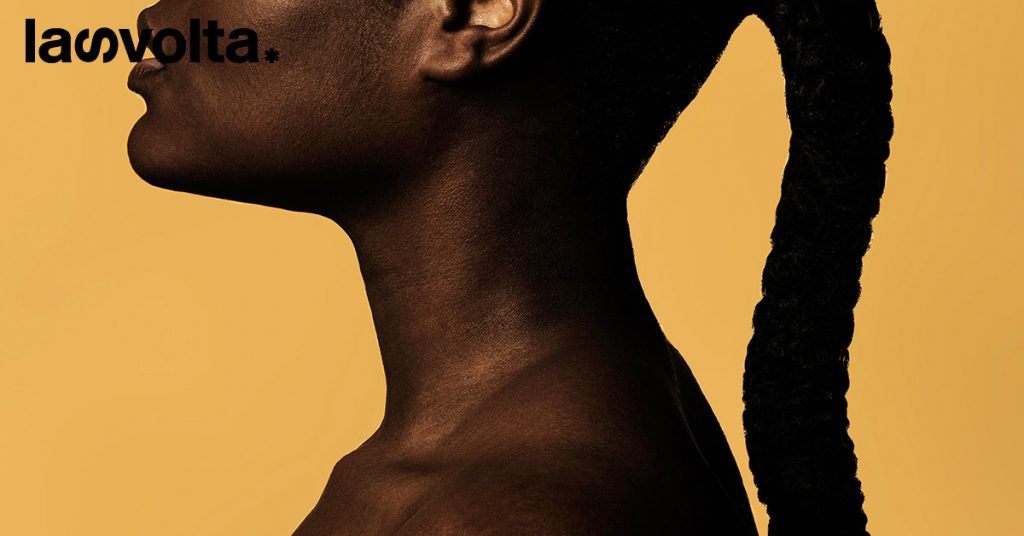Rwanda: the crime of shameful dressing

24-year-old Liliane Mugabekazi was arrested on August 7 of this year and charged with the crime of“shameful dressing”or, legally speaking,“public indecency”.The dress in question? A sheer dress that she wore while attending a concert inRwanda. The prosecutors of the case stated that it showed her private parts, which made it a serious crime. The incident has caused a social media uproar, with various persons sharing online petitions and fundraiser pages to help Liliane in her predicament. On the other hand, others are in agreement with the actions of theRwanda National Police in charging Liliane with the crime. This news is shocking to the public because, in the 21st Century, laws constricting women should hardly exist. Liliane’s situation is unique because Rwandan law (Article 143, Rwanda Penal Code) specificallycriminalizes public indecency,which, according to theRwanda National Police (RNP), includes nudity, public indecency and serving alcoholic beverages to children. The penalty for this crime is imprisonment for not less than 6 months and not more than 2 years. Police spokesperson, John Bosco Kaberarebukedsuch acts among the rwandan youth, as he has noticed a rise in immorality and indecency. The diverging views of social media users show the unpredictability of the outcome of Liliane’s case.The Citizenreportsone of these users stating that this is simply a move to kill the entertainment and night economy since indecency can’t be defined this narrowly in the age ofInstagram. The same online newspaper also includes the sentiments of another individual who claims that it is sad how people are fighting to dress naked in public in the name of human rights. As such, The Citizen includes reports of women now being denied entry into some public places and concerts in Kigali due to inappropriate dressing. Why is this case such a big deal for Rwanda and its youth? On the first side, a2017 empirical research paper(Dress and sex: a review of empirical research involving human participants and published in refereed journals)concludes thatdress is used to infer a range of information about sex.This study stated that the woman in revealing clothing was likely to provoke sexual harassment and evoke the objectification ofwomen. This, and overall traditional african morals, is perhaps the rationale for Rwanda’s charge against Liliane. For the Rwandan youth, it appears to be a question of where the rwandan authorities draw the line due to globalization brought about by internet use. What can they exactly count as decent or indecent in the age of social media? Both are critical perspectives to consider as we await the outcome of Liliane’s trial. The trial will most likely set precedent on the definition of decency or indecency for African States. Liliane has currently been released on bail as the court awaits to pronounce itself on her case in a short time.